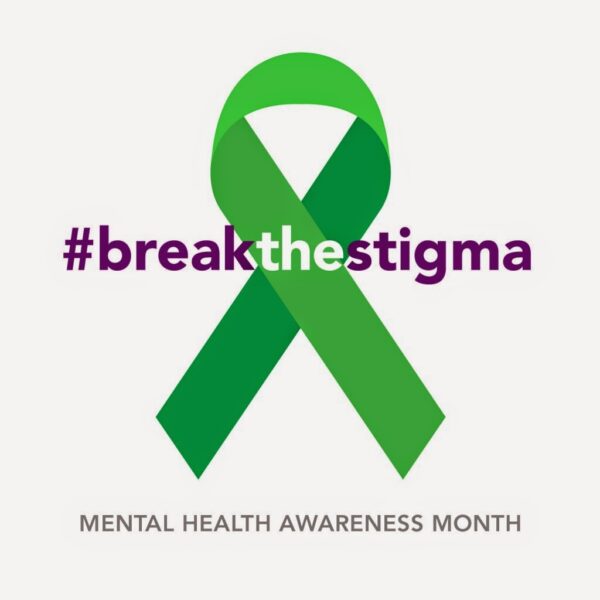
May is Mental Health Awareness Month, a time to shed light on the importance of mental health and encourage open conversations about mental well-being. Mental health awareness refers to the understanding, recognition, and acknowledgment of mental health conditions and their effects on individuals and society as a whole. It also involves promoting strategies for mental wellness, reducing stigma, and encouraging open dialogue about mental health challenges.
One of the most significant barriers to mental health care is the stigma surrounding it. This stigma can prevent individuals from seeking help. When we open up and share our experiences, it encourages others to do the same, creating a ripple effect of understanding and support.
While organizations and policymakers play crucial roles in promoting mental health awareness, individual actions also matter. Here are some ways you can contribute:
- Ask people how they are doing and listen without judgment. Normalize talking about mental health.
- Practice self-compassion and engage in activities that promote your mental well-being.
- If someone you know is struggling, encourage them to seek help.
- Educate yourself: Learn about common mental health conditions and their symptoms. The more you know, the better you can support others.
- Opening up about your struggles with mental health can create a safe space for others to do the same.
The library provides a multitude of books, articles, and links to information, support groups, and mental health professionals. Check out our Civic Zone display in the library for activities and more information.
Resources
National Alliance on Mental Illness (NAMI) – Provides education, support, and advocacy. The site includes educational resources and tools for finding support groups.
Mental Health America (MHA) – Information on mental health conditions, early intervention, and mental health promotion. They also offer free and anonymous online screenings for mental health conditions.
The National Institute of Mental Health (NIMH) – A government agency that conducts research on mental health and provides in-depth, scientifically backed information on mental health disorders, treatments, and statistics.
The Anxiety and Depression Association of America (ADAA) – They focus on anxiety, depression, and related disorders, with information on symptoms, treatment options, and strategies for coping. They also provide resources about therapy and support groups.
BetterHelp – An online platform that connects people with licensed therapists for virtual counseling. They offer text, video, and phone therapy, making mental health support more accessible.
Crisis Text Line – Free, 24/7 support for those in crisis via text message. Users can text HOME to 741741 to connect with a trained crisis counselor.
Psychology Today – Therapy Directory – An extensive directory of therapists, counselors, and psychiatrists. Search for providers by location, specialty, insurance, and treatment approaches.
The Trevor Project – Crisis intervention and suicide prevention services for LGBTQ+ youth.
Mental Health First Aid (MHFA) – Teaches people how to provide initial help to individuals experiencing mental health problems or crises. They offer online courses and resources for becoming a certified Mental Health First Aider.
Articles:
Infographics:
Prevalence of Mental Illness and Use of Mental Health Resources among US Adults, 2021
National Alliance on mental Illness: Infographics & Fact Sheets
Booklist: